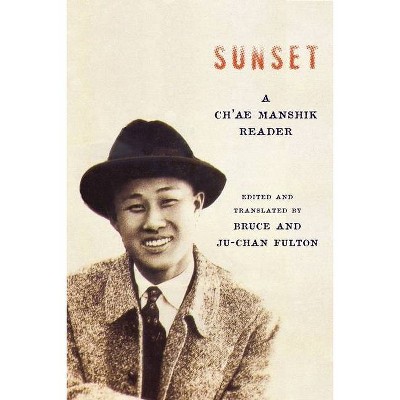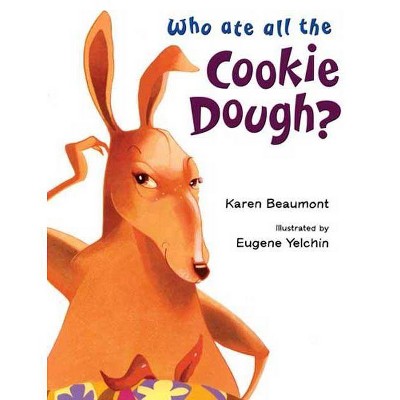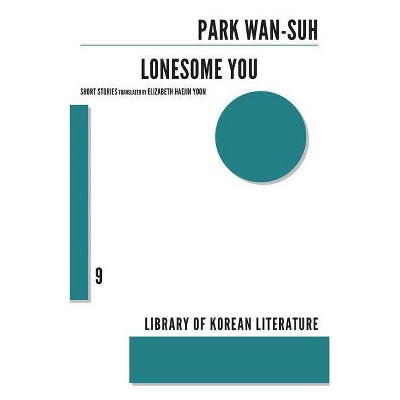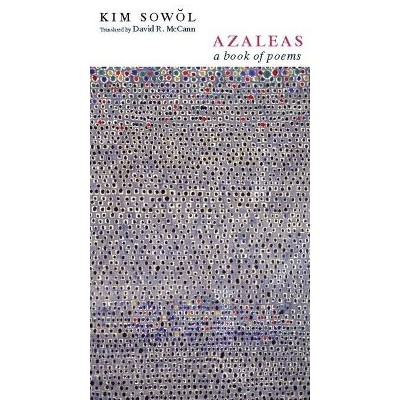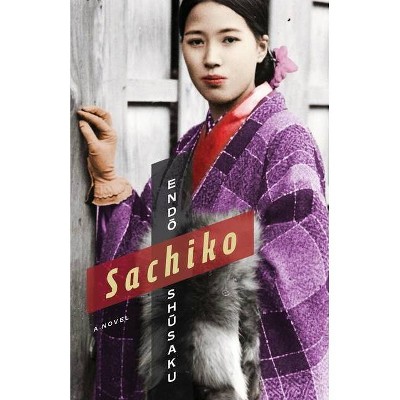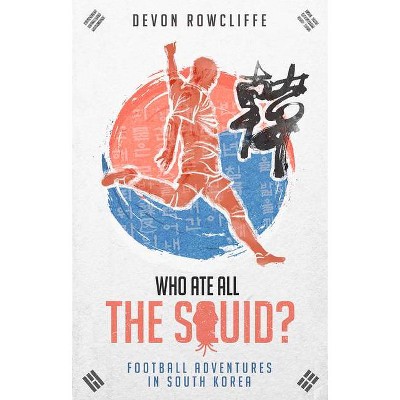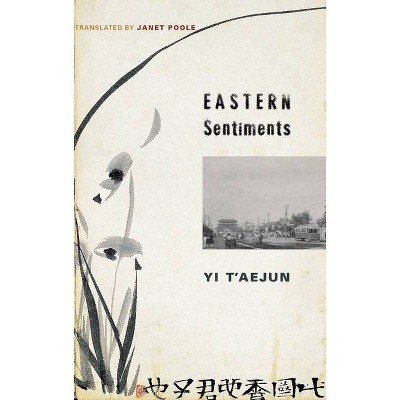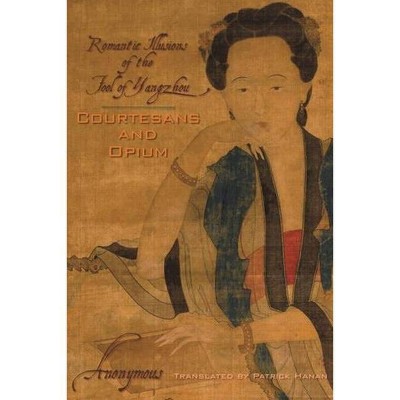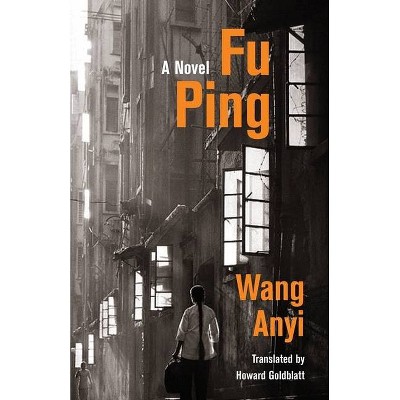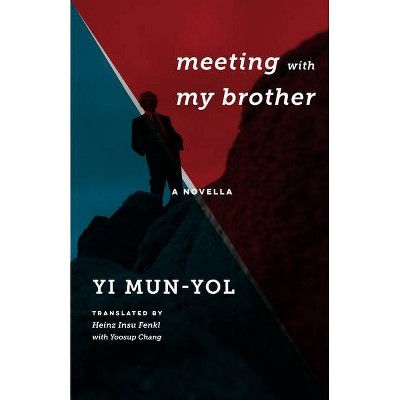Who Ate Up All the Shinga? - (Weatherhead Books on Asia) by Wan-Suh Park (Hardcover)
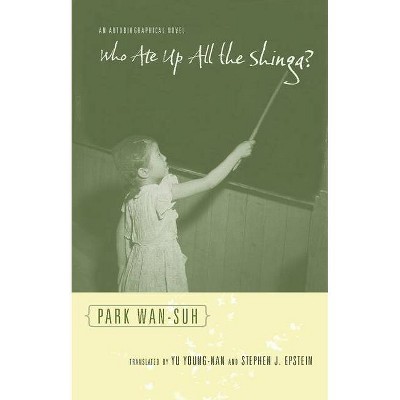
Similar Products
Products of same category from the store
AllProduct info
<p/><br></br><p><b> Book Synopsis </b></p></br></br>Park Wan-suh is a best-selling and award-winning writer whose work has been widely translated and published throughout the world. <i>Who Ate Up All the Shinga?</i> is an extraordinary account of her experiences growing up during the Japanese occupation of Korea and the Korean War, a time of great oppression, deprivation, and social and political instability. <p/>Park Wan-suh was born in 1931 in a small village near Kaesong, a protected hamlet of no more than twenty families. Park was raised believing that "no matter how many hills and brooks you crossed, the whole world was Korea and everyone in it was Korean." But then the tendrils of the Japanese occupation, which had already worked their way through much of Korean society before her birth, began to encroach on Park's idyll, complicating her day-to-day life. <p/>With acerbic wit and brilliant insight, Park describes the characters and events that came to shape her young life, portraying the pervasive ways in which collaboration, assimilation, and resistance intertwined within the Korean social fabric before the outbreak of war. Most absorbing is Park's portrait of her mother, a sharp and resourceful widow who both resisted and conformed to stricture, becoming an enigmatic role model for her struggling daughter. Balancing period detail with universal themes, Park weaves a captivating tale that charms, moves, and wholly engrosses.<p/><br></br><p><b> Review Quotes </b></p></br></br><br><i>Who Ate Up All the Shinga?</i> is clearly a volume that should be added to the growing staple of works taughts in Korean literature, culture, and history courses.--Journal of Asian Studies<br><br>A deeply moving, warm personal tale.--Korea.net<br><br>Lyrical in its descriptions of village life, this gripping book is written with a confessional chattiness that contrasts with the hardships it describes.--Financial Times<br><br>Though it feels rather like a memoir, the novel is an entertaining and sometimes heart-wrenching read as Park's brilliant use of language, as well as genuine depiction of its characters shine from the beginning to the end.--Korea Herald<br><br><i>Who Ate Up All the Shinga? </i>is a pleasure not only to read but to behold. Let us hope that although the author is no longer with us physically, her spiritual presence will be maintained through other excellent translations of her works.--Bruce Fulton "Korean Quarterly "<br><br><i>Who Ate Up All the Shinga?</i> is essential reading.--Joanna K. Elfving-Hwang "List: Books from Korea "<br><p/><br></br><p><b> About the Author </b></p></br></br>Park Wan-suh broke into Korea's literary scene in the 1970s and in 1981 received the prestigious Yi Sang award for her novel <i>Mother's Stake</i>. Her prolific career includes more than 150 short stories and novellas and close to twenty novels, many of which have topped best-seller lists and have been adapted for the screen. Her works in translation include <i>My Very Last Possession</i> and <i>The Naked Tree</i>. <p/>Yu Young-nan is a freelance translator living in Seoul. She has translated five Korean novels into English, including Park Wan-suh's <i>The Naked Tree</i> and Yom Sang-seop's <i>Three Generations</i>. Yu was awarded the Daesan Literature Prize for her translation of Yi In-hwa's <i>Everlasting Empire</i>. <p/>Stephen J. Epstein is the director of the Asian Studies Programme at the Victoria University of Wellington in New Zealand. His research focuses on contemporary Korean literature and society, and he is currently working on a book exploring Korean national identity in relation to globalization. He has also published several translations of Korean and Indonesian fiction.
Price History
Price Archive shows prices from various stores, lets you see history and find the cheapest. There is no actual sale on the website. For all support, inquiry and suggestion messages communication@pricearchive.us
